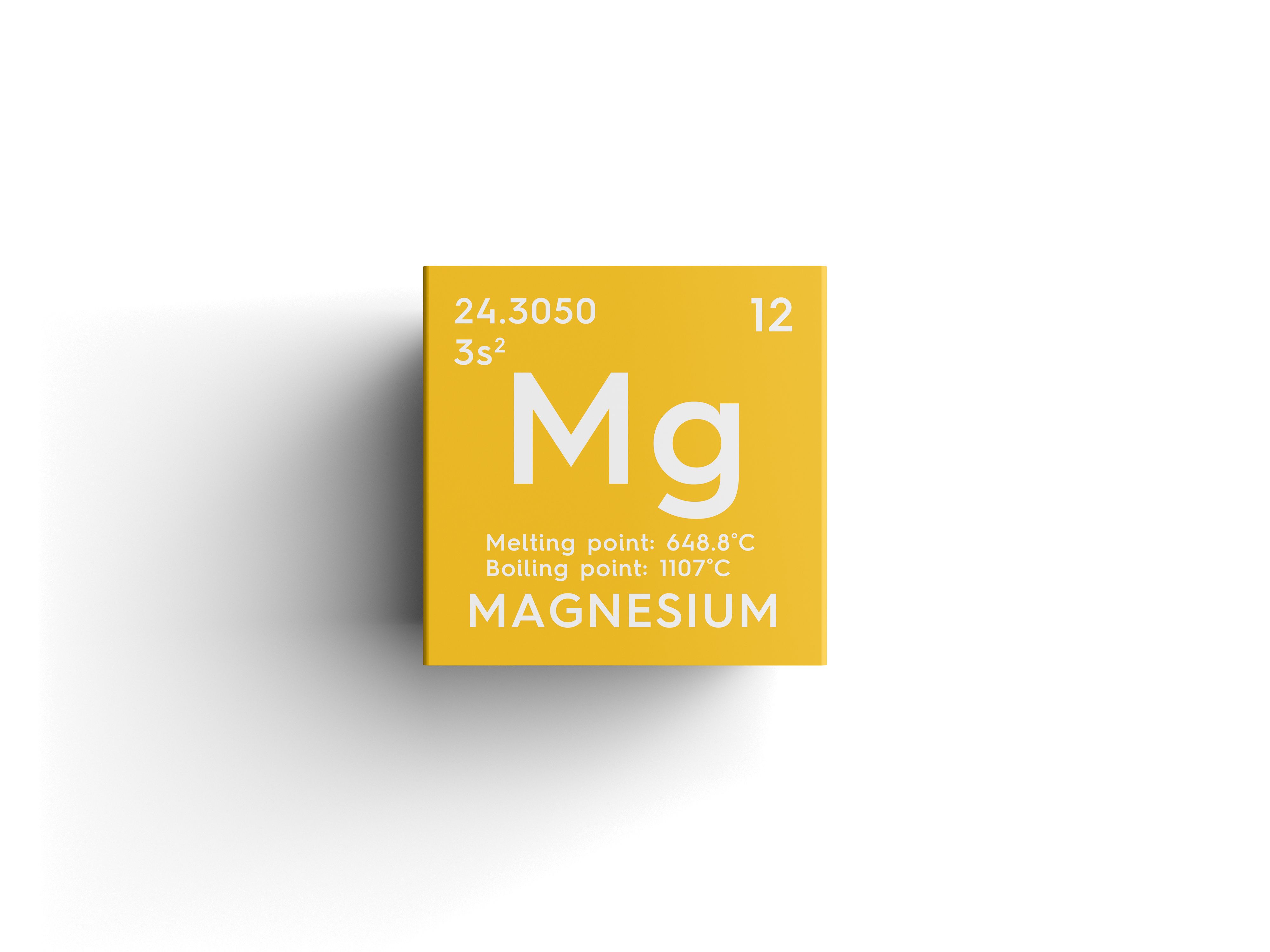News
Article
Study: Magnesium-L-Threonate Improves Objective, Subjective Sleep Quality
Author(s):
Though magnesium has long been seen as a potential sleep aid, the authors say the new form of magnesium salt may provide a clearer benefit.
A new form of magnesium supplement appears to lead to superior sleep and improved daytime functioning, according to a new placebo-controlled study. Magnesium L-threonate (MgT) led to benefits in both objective and subjective sleep metrics, according to a recent study published in Sleep Medicine: X.1
Corresponding author, Heather A. Hausenblas, PhD, Jacksonville University, and colleagues, noted that magnesium is a key cofactor in multiple enzymatic reactions, and some have theorized that it improves neuroplasticity and synaptic function. “This would be expected to enhance the brain’s capacity to adapt to emotional challenges and mitigate stress responses,” they wrote.
Magnesium-L-Threonate could provide more benefits for sleep quality | image credit: Aleksander - stock.adobe.com

Additionally, they said magnesium may have a regulatory role for neurotransmitters like gamma-aminobutyric acid (GABA), which may promote relaxation. A study from 2021 suggested that higher magnesium intake was associated with a lower risk of short sleep. That study was not placebo-controlled and based on self-reports.2 Reports like these have led to magnesium’s use as a sleep supplement.
Yet, while there is reason to suspect magnesium can improve sleep, Hausenblas and colleagues said there is relatively little placebo-controlled clinical trial evidence to support the idea.1 A meta-analysis combining 3 randomized controlled trials found a modest, but statistically insignificant improvement in sleep time among older adults who took magnesium.3 The authors of that analysis found that the existing evidence “is substandard for physicians to make well-informed recommendations on usage of oral magnesium.”
Hausenblas and colleagues speculated that one reason magnesium may not show a significant sleep benefit is that the magnesium compounds used in the study had poor brain bioavailability.1
That’s why, for their new study, the investigators turned to MgT, a new form of magnesium salt that has been shown in animal studies to have a superior ability to cross the blood-brain barrier. The authors hypothesized that its superior brain bioavailability might mean MgT would be a more effective sleep aid.
Hausenblas and colleagues recruited 80 adults between the ages of 35 and 55 years who reported having sleep problems. The participants were divided into 2 groups, with one group taking 1g of MgT each day for 21 days, while the other group took a daily placebo pill. The authors measured the supplement’s impact on participants using both subjective questionnaires and an Oura ring health monitor. Participants also kept a daily diary of their mood, energy, productivity, and any safety concerns.
The MgT group reported improved self-reported post-awakening behavior, mental alertness, and moods compared to the placebo group. They also had statistically insignificant but positive improvement on other parameters of the subjective sleep measurement instruments used, the Leeds Sleep Evaluation Questionnaire (LSEQ) and Restorative Sleep Questionnaire (RSQ). The authors said the lack of a statistically significant benefit in many of those parameters is likely due to an observed placebo effect in the non-MgT group.
“However, it is interesting that most of the improvements observed in the placebo (group) happened in the first week of product intake, and the effects plateaued afterward, while in the MgT group, the effects continued to improve for the rest of the study,” they noted.
The investigators found more clarity when it came to the objective data measured by the Oura ring. Participants who took MgT had more deep sleep and rapid eye movement (REM) sleep, and their Oura-calculated “readiness” and daily activity scores were superior.
“Collectively, these data showing improved sleep quality and daytime functioning from daily consumption of magnesium L-threonate suggest they may play a role in clinical practice as an adjunct therapy for healthy individuals experiencing sleeplessness or the consequences thereof,” the authors said.
Hausenblas and colleagues also believed the data showing MgT leads to better sleep should be seen in the context of the benefits associated with good sleep habits, such as improved overall brain function.
References:
- Hausenblas HA, Lynch T, Hooper S, Shrestha A, Rosendale D, Gu J. Magnesium-L-threonate improves sleep quality and daytime functioning in adults with self-reported sleep problems: a randomized controlled trial. Sleep Med X. 2024;8:100121. doi:10.1016/j.sleepx.2024.100121
- Zhang Y, Chen C, Lu L, et al. Association of magnesium intake with sleep duration and sleep quality: findings from the CARDIA study. Sleep. 2022;45(4):zsab276. doi:10.1093/sleep/zsab276
- Mah J, Pitre T. Oral magnesium supplementation for insomnia in older adults: a systematic review & meta-analysis. BMC Complement Med Ther. 2021;21(1):125. doi:10.1186/s12906-021-03297-z





